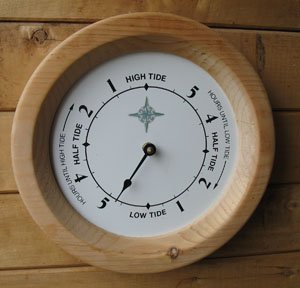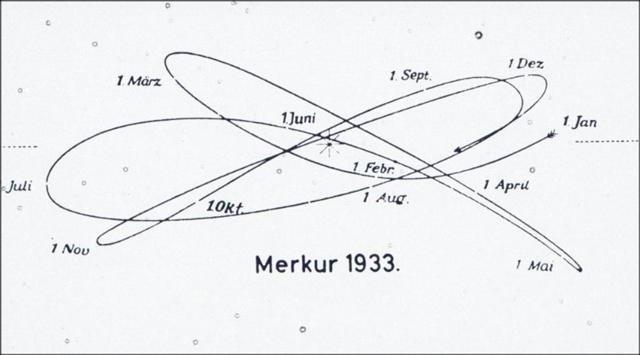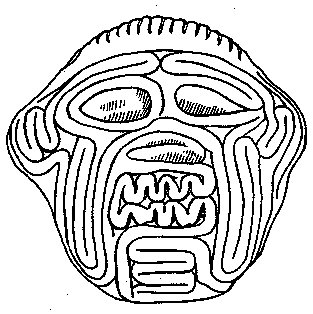|
RIGEL
They had counted, counted, and recounted. What were the chances for finding intelligent life out there, on par with Homo Sapiens? A rather low probability for a single planet, yet the immense number of stars with planets out there should guarantee an enormous amount of alien civilizations. But recently they had become worried, because they had discoved the existence of free planets in interplanetary space, with no connection to a life-giving Sun. Perhaps it meant that chaotic conditions was the rule, where unstable orbits would rather quickly deteriorate, disintegrate, and decrease the chances for evolving life. I thought about ebb and high tide moving back and forth as regularly as a clock. Thank you Moon! ... To draw up and then return what one had drawn - that is the life of the world ...
And I remember how surprised I was when I discovered the ever present regular synodic vortex pattern of retrograde Mars.
Our own solar system when regarded as a whole (as a holistic) was evidently stable and delivering the necessary conditions for permanent life. Therefore we should not think of the synodic orbit of Mercury as chaotic.
Instead, also the orbit of Mercury had to be stable, although complex and possibly slowly evolving.
|




